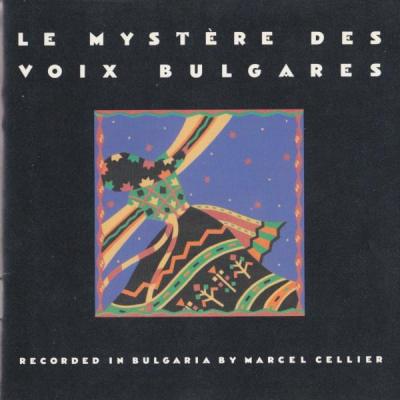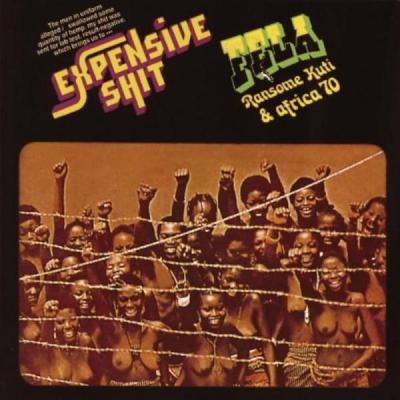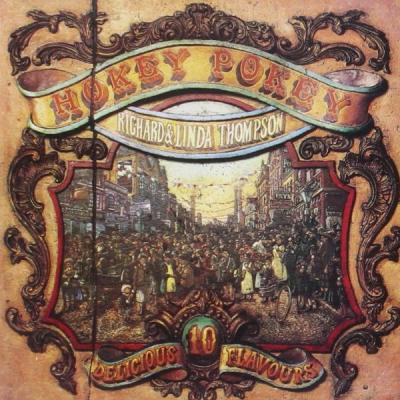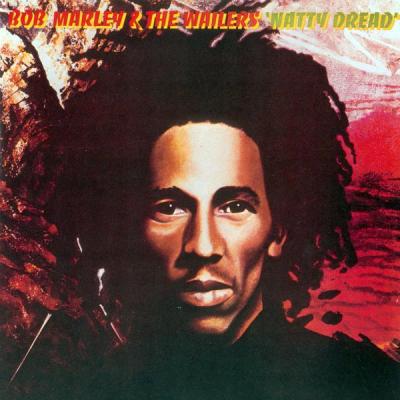

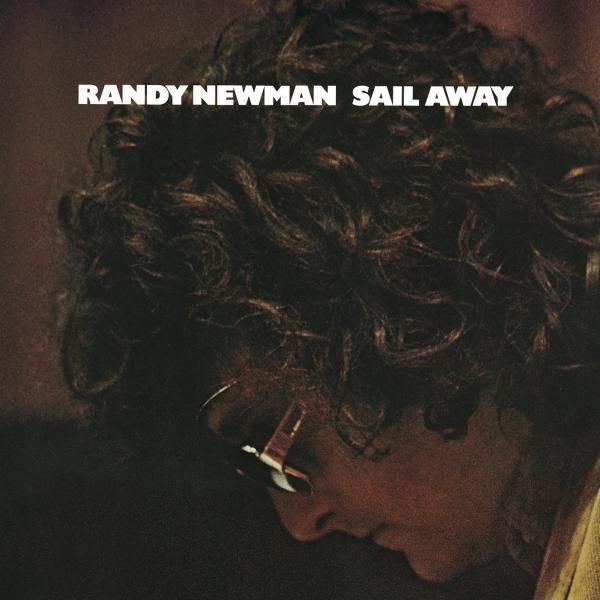
Randy Newman – Sail Away
Album #151 - May 1972
Episode date - April 27, 2021
Is there a more twisted lyricist than Randy Newman? It seems that he exists to push our buttons, to force a reaction where we must face the dark side of humanity, or worse, our own inner demons.
The most perverse part of it all is that he does this by embracing his despicable characters, but hypnotizing us with a gorgeous melody where we sing along, ignoring the actual intent of the author. How many times have you sung along to “Sail Away” in complete ignorance of the song’s malevolence, or heard some hack do their interpretation with no regard whatsoever to the actual meaning of the words?
“Sail Away. Sail away. We will cross the mighty ocean into Charleston Bay” is meant to convey the majesty of our great country, right? People sing this song as if it’s “America the Beautiful” revised, so why are they not genuinely disturbed by the lyric that precedes the above line? “Climb aboard, little wog, sail away with me” is an atrocious lyric, and makes it quite obvious that the song is sung from the warped perspective of a slave trader rounding up bodies to be sold in the New World.
Newman’s genius is that he actually fools casual listeners into thinking that he is sincere, while reveling in the ugly nature of his characterizations. Who is worse, the hateful superstar of “Lonely at the Top” or the son in “Old Man” who removes all vestiges of hope from his dying father? The xenophobic monster in “Political Science” who knows how to solve America’s problems, or the bible-thumping realist who characterizes God as an all-powerful entity who created us in his image only to torture and mock us?
Newman straightfacedly inhabits every one of these horrible people, and he’s so convincing that it’s easy to imagine that he is genuine. In this light, it suddenly makes the alleged sincerity of “He Gives Us All His Love” quite suspect. Or do you really believe that he’s not sarcastic in “Simon Smith and the Amazing Dancing Bear” when he extolls the virtues of the audience? “You Can Leave Your Hat On” is superficially sexy, until you realize that it’s sung by a john manipulating a prostitute. “Burn On” is a proud celebration of a great American river – one that actually caught fire due to excess pollution.
In short, nothing here can be taken at face value. His songs practically drip with wry, dry misanthropic humor, but you need to listen past the gorgeous arrangements to hear the appalling outlook that lurks within. “Sail Away” is simultaneously beautiful and ugly, funny and frightening. It’s perfectly executed satire, and it never gets old.
May 1972 - Billboard Charted #163
Sail Away
God’s Song (That’s Why I Love Mankind)
Related Shows



